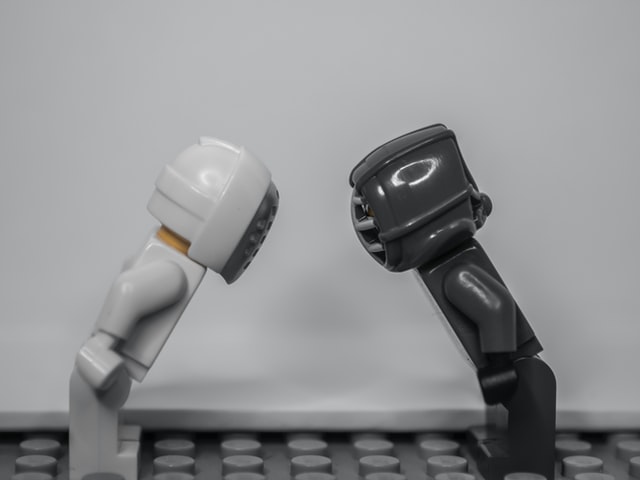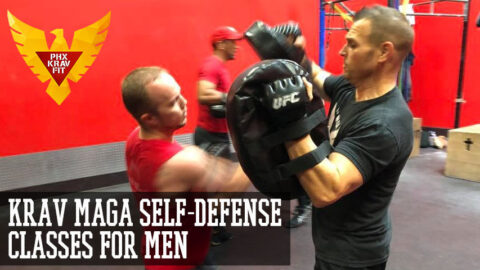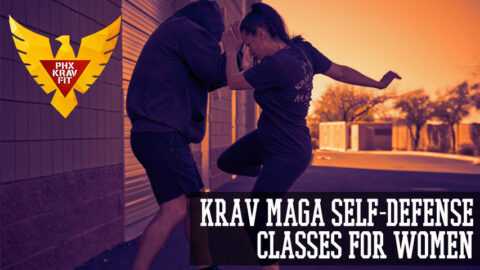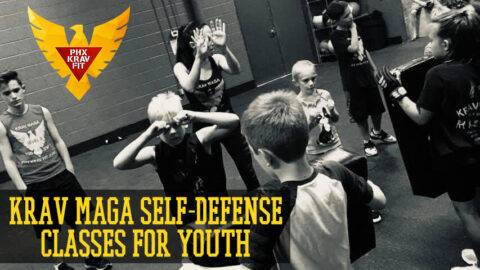Fighting Hard or Fighting Smart: Four Attributes of Self Defense
There are two ways a man can take down a tree; by using an axe or by using a sledgehammer. They will both get the tree down, but one is a harder way and one is a smarter way. Opening the history books of all the greatest athletes, one would come across names as Tom Watsin, Reggie Jackson, Michael Jordan, John Elway, Mohammed Ali, Bart Starr, and Mike Singeltary to name a few. All these people possessed outstanding physical ability. However, it could be argued that what made them one of the greatest in their sport or in their specific position, was their intelligence in the sport. On top of being incredibly knowledgeable, they knew how to use that knowledge. They did not just play hard, they played smart.
It is no different in martial arts, self defense, and when defending oneself in a violent altercation
Fighting hard will only get a person so far. Fighting smart is what separated martial artists like Bruce Lee and professional MMA fighters like Georges St-Pierre, Royce Gracie or Lyota Machida, from others. Fighting smart is the ingredient that actually catapults one into being great. This is possibly the one fact that makes it possible for the "Davids" to beat "Goliaths" in combative competitions. It is the use and development of the most dangerous weapon a body possesses: the brain.
Therefore, the truly great practitioner will develop both the mind and body. If a fighter does not develop one of these aspects, it becomes the downfall of that person. Imagine a basketball player with "Jordan smarts", but a weak, non-conditioned body. Or a 6'5", 225 lbs. quarterback with a pistol passing arm, but who cannot "feel" when a receiver will be open or know when to audible in order to avoid being sacked. Either of these athletes would be considered useless. The great athletes truly possess both physical talent and "smarts".
Fighting smart does not mean that one must score a 250 on a combative or self defense IQ test.
When in a street fight, it is an environmental IQ that makes one "street smart". One must possess "mental attributes" as well as physical attributes. Four important mental attributes are a savvy attitude, certainty, fear, and compassion. Without knowing these four in detail, this could derail a street fighter, in a fight and in life.
In a street fight, the best mindset to have is a savvy one. Savvy is defined as: to know or understand, shrewd. To have a savvy attitude in street fighting will make one resourceful, intelligent, cunning, aggressive, and calm. It is a person who fights intelligently, and knows what he or she is doing. In other words, they know what to do, and do it well. They act in a cunning way, always one step ahead of their opponent and aware of the environment around them. Some practitioners label this "fighting dirty". Fortunately, in a street fight there are no rules, therefore use whatever is available while staying in tune with ones' ethics.

When a sparring match starts or violent confrontation begins, there is no turning back. A person has two choices: fight or flight. If the choice is to stay and "fight", certainty must consume the person's mind. He must be certain that he is making the right choice. He must be certain that he has the ability to win. And, he has to be certain that he will give his all, nothing less than 100%. Any doubt that creeps into the mind could be a detriment to the intended outcome. This is not saying that fear and anxiety cannot be experienced. However, it is saying that one is certain that he or she will deal with these emotions positively and correctly. Be certain of success.
It is extremely common, if not expected, that there will be fear in sparring or in a real life confrontation. To reach one's desired outcome, a person has to realize that fear is not negative. Fear is only negative if used in a negative or destructive way. A more serving perception of fear is to use it positively. Fear is a gift that is given to people to protect them. It simply alerts the body of a potentially dangerous situation. Fear may be activated when sparring in boxing, by being fearful of getting hit with a punch. Or it may be activated when being mugged in an alley late at night.
No matter when it is activated, fear should not control actions and emotions during self defense.
Think of it more as an activator to alert one to respond positively. When boxing with another in training, fear can tell the body and mind to assume a proper stance and focus on where to hit and when to cover. In a mugging, it can alert one to turn on a more aggressive mindset, and hit an opponent's vulnerable targets. The point is that fear should be a positive activator, not a paralyzing controller. Fear is only a call for positive action.
When in a violent confrontation, one of the most important lessons one can learn is that of compassion. Compassion is gained through seeing what one human can violently do to another human. Once a person has gained the sense of compassion, he realizes that not fighting is a better decision than fighting. They see that being bumped in a bar by another man, is not worth putting that man in the hospital for a night with a broken nose. Through compassion, one must learn to control oneself as a responsibility, not just an option that can be exercised. Compassion is giving a person who really pissed you off the benefit of the doubt, and just letting it be.



